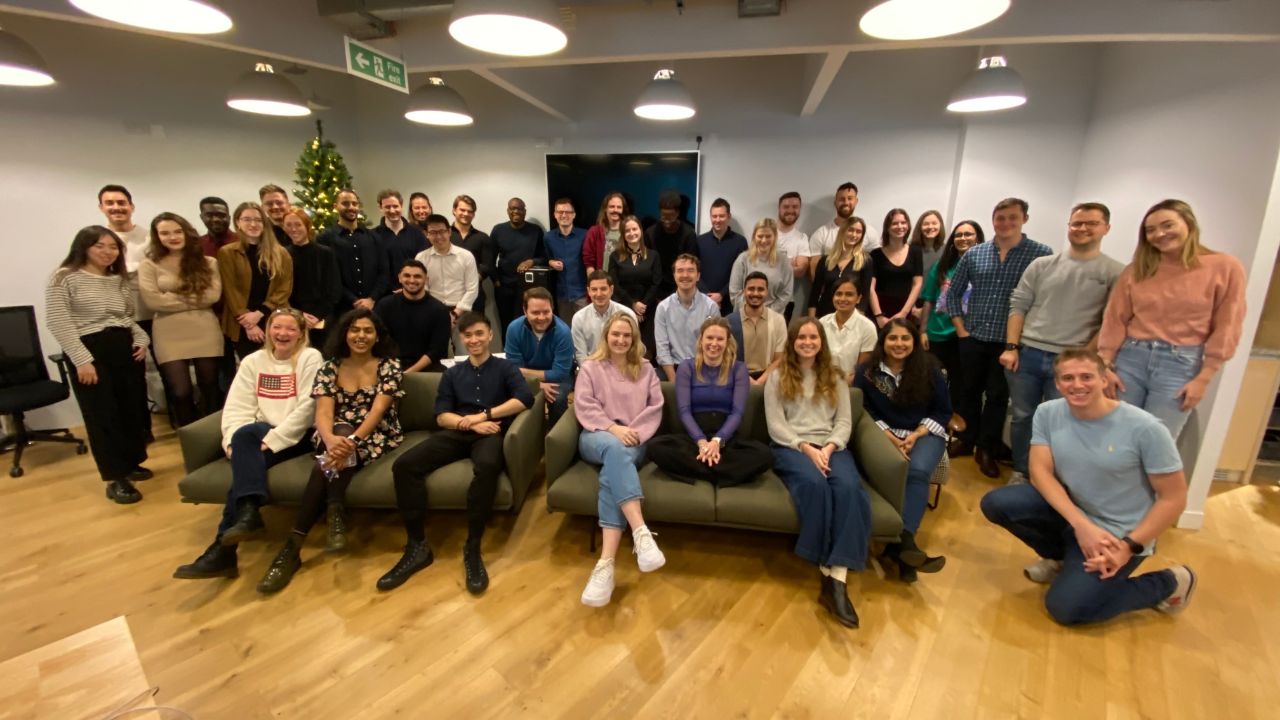Getting legal representation doesn't come cheap. Yet letting a legal problem simmer beneath the surface potentially just stores up further difficulties — a UK YouGov survey in 2021 reported every year SMEs lose up to £13.6 billion for failing to tackle legal quandaries head on.
Legal counsels often are some of society's best paid employees. Their work ethic and specialised knowledge is often irreplaceable and this accounts for much of the cost of their commission.
Attempting to square the equation, to democratise best legal practice at SMEs with tighter financial resources, are a wave of legal tech firms deploying AI like natural language processing, or OCR, to streamline workflows or in some cases reduce the need for lawyers to get involved.
The latter aim is the goal of London-based generative AI in contract law startup Robin AI, which is announcing a $10.5 million round led by Plural, the VC co-founded by Wise visionary Taavet Hinrikus, with further participation from Episode 1 and angel investor Tom Blomfield, among others.
Robin AI has seen revenues soar 20-fold since its previous fundraise, a $3 million seed round in 2021 that drew support from Google Black Founders Fund; the startup's CEO, Richard Robinson, is Black.
The software is marketed under a freemium model, with a free "self-serve" version that allows SMEs to automate manual processing of run-of-the-mill contracts.
More advanced features allow companies to efficiently edit massive volumes of bespoke term agreements, with support from Robin AI's in-house legal team comprising 30 qualified lawyers.
Robinson himself is a former member of the bar having practised law for leading legal firm Clifford Chance; he's joined by a former King's College London and Imperial London research scientist, James Clough, along with a roster of 75 full-time employees.
While based in London, Robin AI is mainly deploying its software in the US where customers have accounted for around three-quarters of its revenue.
The platform is described as a "lawyer-in-the-loop model" and that's allowing Robin AI to champion it as an antidote to industry fears about automation.
Robinson and the team doubled down on AI safeguarding and the role of its human lawyers should mean no automation slip ups which blur accountability. They've been pursuing M&A leads to solidify the product's reach. Proceeds from the series A round went to a partial acquisition of its competitor LawGeex, whose customers include Pepsi, PricewaterhouseCoopers, Ebay, and UBS.
In terms of its clientele, Robin AI says a decent mix of businesses have signed up, from SMEs to young scale ups and large global corporations.
Robinson commented: "There’s doubt that AI is exploding as a category. New technologies that push the boundaries of what is possible always bring questions of both safety and commercial viability.
"We believe that AI is bringing about an infrastructure-level change to modern software and our rapid traction in the legal market is testament to its potential."
Ian Hogarth, founding partner at Plural and co-author of The State of AI, added: "Repetitive legal work is a clear use case for large language models (LLMs) and Robin AI is the leading company to apply this rapidly advancing technology to contract generation and editing.
"Robin AI has successfully overcome the two major challenges in successfully applying LLMs to this problem: firstly, the high quality bar required for critical commercial legal documents and secondly, the amount of legal contract data required for GPT models to train on.
"The data problem hasn't been solved elsewhere because contract data is typically private and offline. Richard and James, Robin AI's co-founders, combine expertise in law and machine learning and succeeded in solving these challenges. They've built a huge proprietary dataset with over 7m data points of legal text, to fine tune Anthropic's best in class LLM."



Would you like to write the first comment?
Login to post comments